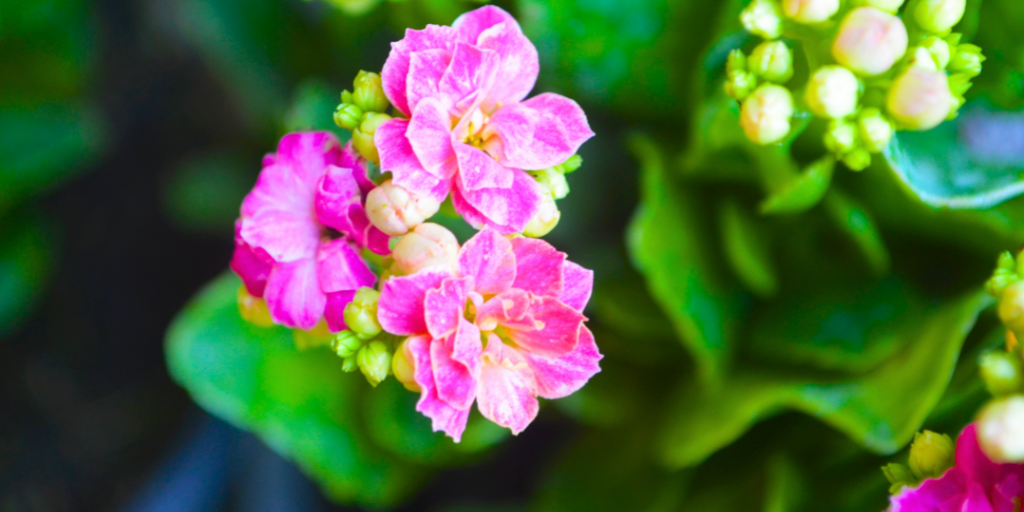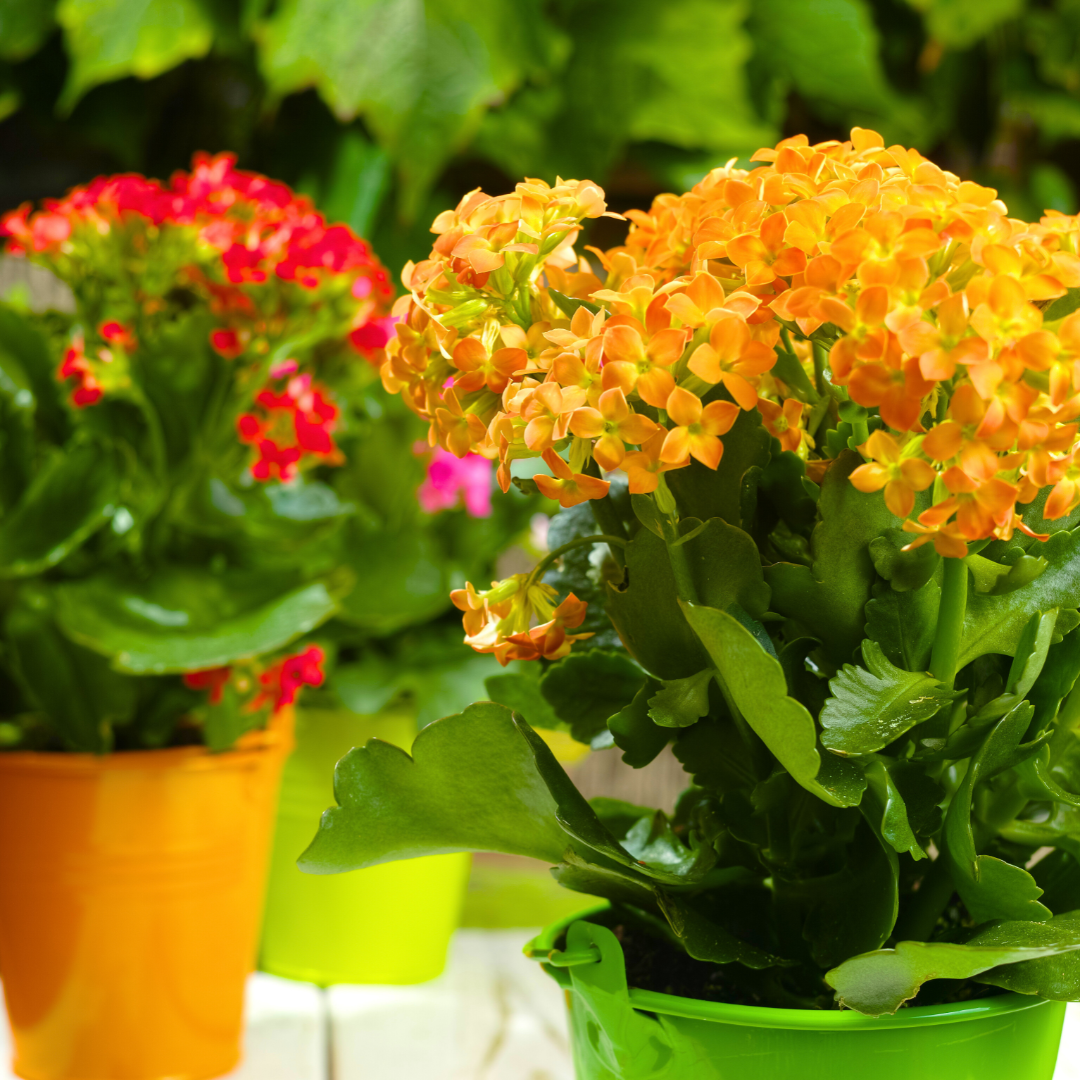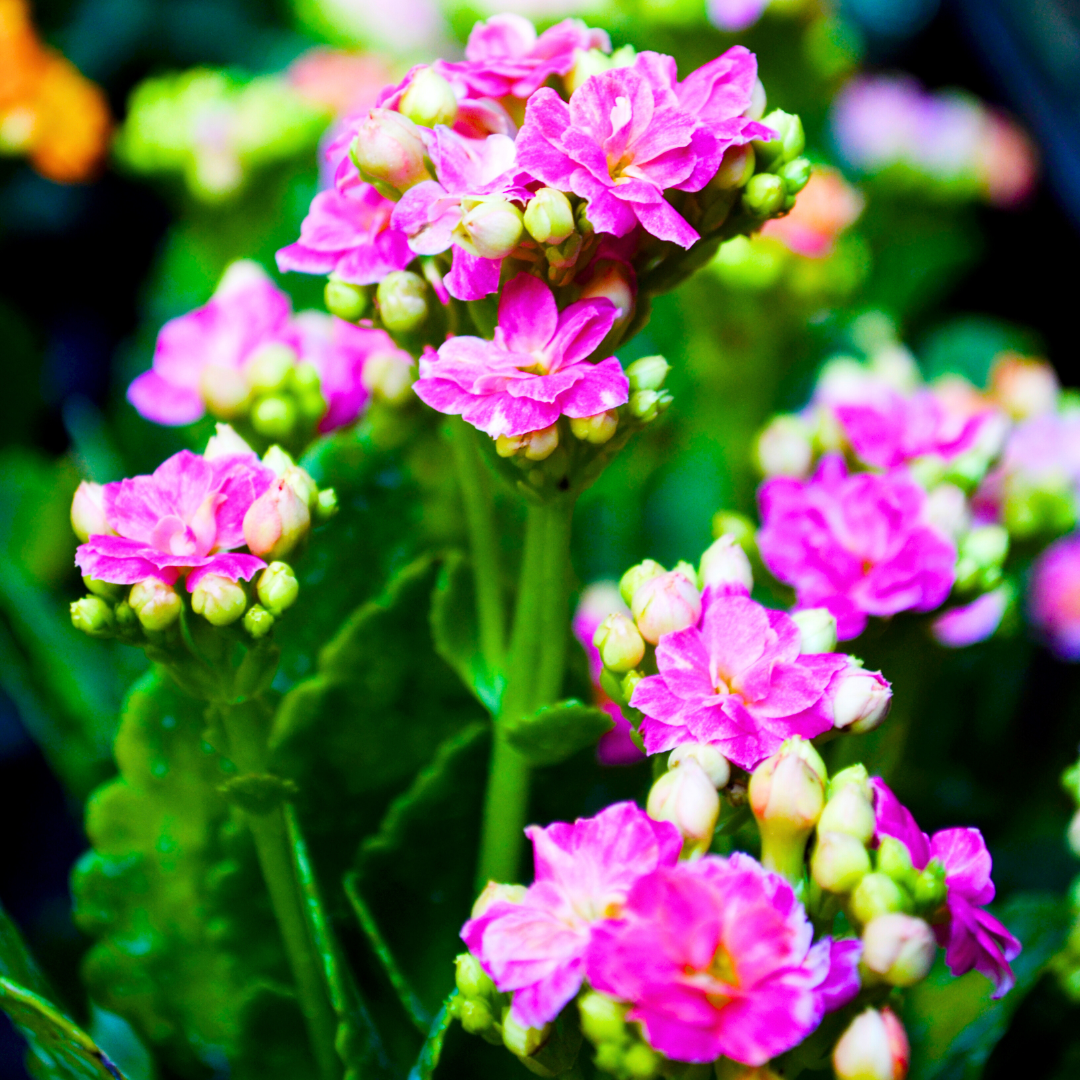
Lara Patangan shares some life lessons she learned while working in her garden.
I love to work in the yard. It makes me feel like the actor Edward Norton in the 1996 legal thriller Primal Fear, even though that had nothing to do with gardening. Norton’s character, “Aaron/Roy” appears to have multiple personality disorder. As such, his attorney, actor Richard Gere, uses this diagnosis as Aaron/Roy’s defense in his murder trial. You see, Aaron/Roy would “lose time,” and not remember important things such as whether or not he killed someone. I’m leaving a lot out because who can really remember 1996, but the movie had a shocking and brilliant ending that fooled both me and Richard Gere.
Anyway, working in the yard doesn’t make me feel like a manipulative, sociopathic murderer with extra personalities but it is a way where I lose time. What’s remarkable about the lost time is that by forgetting so much of the outside world I somehow regain a truer sense of self. (Maybe I’m more like Edward Norton’s many-selves character than I’d like to think.)
In fact, over the years my viewpoint on plants has diverged into that of a whole new person. I used to think plants were boring. My mom was always buying them, and I couldn’t understand why if she wanted something colorful and pretty, she didn’t just purchase new lipstick. After all, why buy a flower when you can be the flower, so to speak?

It was a small kalanchoe from the grocery store that changed everything for me. It was a darling little plant with deep glossy scalloped leaves and clusters of tiny yellow flowers that were so perky I couldn’t help but want to protect it. Weeks turned into months and months into years and almost two decades later I still have that pretty plant. I have rooted it and multiplied it the way Jesus did when he miraculously multiplied the fishes and loaves, only I had to use dirt for my miracle. I potted clippings and gave them to friends.
Along the way, I became so knowledgeable about plants that I walk around Ace Hardware reciting the names of each flower I pass. I include fast facts about them that I have memorized over years of perusing those rectangular plastic inserts which list plant care instructions. Of course, I don’t do this out loud because that seems like something Edward Norton’s character would do and I hope to never need a lawyer, even one as handsome as Richard Gere.
Still, there’s something primal about gardening. It strips away all of the striving and securing; achieving and acquiring; materialism and mattering; that consumes so many of us. Those pursuits grow feelings of unworthiness, doubt, and insecurity. Even the lowly and despised weed has no time for such foolishness. There’s no pretension in the dirt—only promise. Everything is stripped down to necessity and what’s left is remarkably beautiful.

Perhaps it’s the deciduous plants, which after the long winter months sit like undressed skeletons waiting to be covered in the glory of new life that most inspire me. To someone such as my former rather-buy-a-lipstick-self, it’s easy to see these plants for what they lack—the ways in which they too aren’t good enough. Yet watching the slow sprout of these perennials unlikely reemergence reminds me that even after seasons of desolation, loneliness, betrayal, and neglect which are a primal part of our human experience, we too can bloom again.
We don’t need to feel shamed by our vulnerability during these seasons of austerity. If we allow it, our emptiness exposes a different kind of beauty. It makes others want to care for us—not because we are incapable or weak but because God’s mercy is primal too. It motivates us to do the hard work of love so someone else can grow in its light.
In gardening and in life, this growth doesn’t happen on our timeline. While the world has taught us to want instant and now, meaningful change is often subtle and slow. The truly beautiful things in life aren’t manufactured. They exist in their own time defying expectations, demands, and worldly limitations which manage to be both too finicky and finite. Watching this transformation in nature is like witnessing the miracle that’s waiting to unfold in all of us. Only, we need less dirt and sunshine and more love and compassion to obtain our new life.

Gardening gives us the opportunity to get to the root of what matters most. It reminds us of what we need to keep and what we need to shed. It shows us the places that need to die in order for something better to grow in its place. The miracle of so much clarity coming out of the dirt, is perhaps its own kind of a twisty Hollywood ending. Only in this version, you get to bloom.
Share your thoughts with the Catholic Mom community! You'll find the comment box below the author's bio and list of recommended articles.
Copyright 2024 Lara Patangan
Images: Canva
About the Author

Lara Patangan
Lara Patangan is a freelance writer and inspirational speaker. A wife and mother of two boys, Patangan spent a year doing works of mercy. She writes about the life-changing power of mercy at LaraPatangan.com in a way that is humorous, relatable, and rife with humility. Her book, SimpleMercies: How the Works of Mercy Bring Peace and Fulfillment, is available for purchase wherever books are sold.


.png?width=1806&height=731&name=CatholicMom_hcfm_logo1_pos_871c_2728c%20(002).png)
Comments